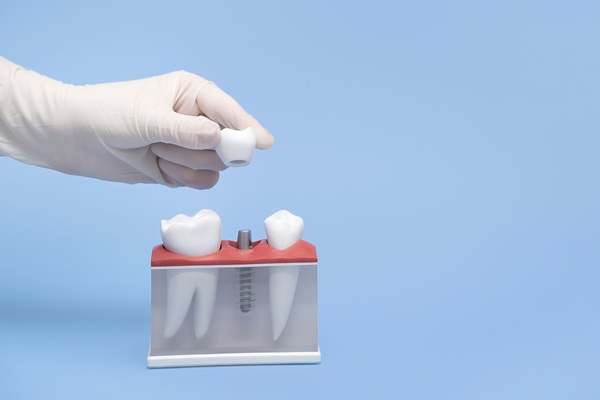Commonly Asked Questions Answered by a Preventive Dentist

A preventive dentist promotes long-term oral wellness by focusing on early detection, regular checkups, and proactive measures to protect teeth and gums from disease. By prioritizing prevention, you can avoid many dental issues before they even begin. Explore some of the most frequently asked questions about preventive dentistry, gain valuable insight that can help you maintain a healthy smile, and avoid more complex dental problems and subsequent procedures down the road.
Why is preventive dentistry so important?
Preventive dentistry is vital because it allows dentists to spot potential issues in their earliest stages before they develop into more serious and costly problems. Routine visits to a preventive dentist include thorough cleanings, exams, and screenings that help detect conditions like cavities, gum disease, or oral cancer early on. This proactive approach protects oral health and helps avoid painful procedures or extensive treatments. Encouraging patients to take a preventive approach reinforces the importance of daily oral care and healthier habits.
How often should dental checkups and cleanings be done?
The general recommendation by the American Dental Association, or ADA, is to visit the dentist every six months for checkups and cleanings. However, some individuals may need more frequent visits depending on their specific oral health needs. A preventive dentist considers factors such as the patient's medical history, current oral health status, and any risk factors that may contribute to the development of dental issues. Those with a higher risk of gum disease, cavities, or other dental concerns may require more frequent visits. Regular appointments provide the opportunity to address small issues before they turn into bigger problems.
What are the key preventive measures to follow at home?
Maintaining a proper oral hygiene routine is crucial for preventing dental issues between visits. Brushing at least twice daily with a dentist-approved toothpaste and a soft-bristle toothbrush helps remove plaque and bacteria that can lead to tooth decay. Flossing once daily is equally important, as it cleans areas between teeth that brushing cannot reach. Using an antibacterial mouth rinse can help reduce bacteria and promote healthy gums. Limiting sugary snacks and beverages reduces the risk of cavities, while drinking water throughout the day helps wash away food particles and bacteria. A balanced diet rich in vitamins and minerals also supports strong teeth and healthy gums.
How does a preventive dentist create an individualized treatment plan?
A preventive dentist develops personalized care plans based on a patient's unique dental needs and goals. The dentist can recommend treatments that effectively protect and preserve teeth and gums by reviewing oral health history, dietary habits, and lifestyle factors. Common preventive measures may include fluoride treatments to strengthen enamel, dental sealants to protect the chewing surfaces of molars, and recommendations for custom mouthguards to protect teeth during contact sports or for individuals with bruxism (teeth grinding).
Call us for more information
A preventive dentist plays a crucial role in helping individuals maintain healthy smiles for years to come. Many dental issues can be prevented or addressed early through regular dental checkups, personalized care plans, and the adoption of effective home care routines. If you are ready to schedule a dental appointment or have more questions about preventive dentistry, contact Shiva G. Rad, D.D.S. today.
Request an appointment here: https://www.annarborpersonaltouchdentistry.com or call Shiva G. Rad, D.D.S. at (734) 436-0817 for an appointment in our Ann Arbor office.
Check out what others are saying about our dental services on Yelp: Preventive Dentist in Ann Arbor, MI.
Recent Posts
Practicing preventive dentistry strategies can help you avoid serious dental problems. It can support your personal goals in keeping your gums and teeth healthy. Prevention is always better than going through treatments for serious dental problems. If you want to know how preventive dentistry can avoid the development of a serious oral problem, here are…
The goal of preventive dentistry is to keep teeth and gums clean and healthy in order to reduce the risk of cavities and other oral health concerns developing. It is a good idea to have a full understanding of how preventive dentistry can protect your smile and what services a dentist may recommend for cavity…
Maintaining healthy teeth and gums does more than ensure a strong and beautiful smile. Proper routine dental care also helps lower the risks of developing many serious diseases, including certain cancers, heart problems, and diabetes. However, patients who struggle with dental anxiety may fail to stick with a regular cleaning and checkup schedule. As a…
A deep teeth cleaning is not just a procedure needed after skipping dental visits. Instead, a deep teeth cleaning is designed to help combat periodontal disease and gum recession, both of which can lead to irreversible oral health problems. Of course, some individuals who skip routine maintenance from the dentist may need a deep teeth…


